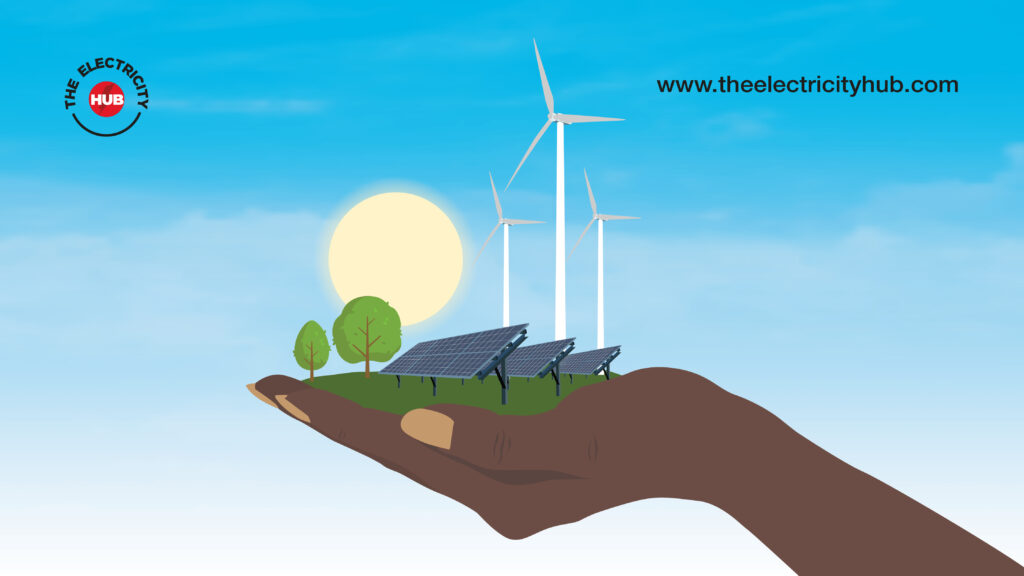
Energy is the lifeblood of modern society, powering our homes, industries, and transportation systems. However, conventional methods of energy production heavily rely on non-renewable resources, which have finite reserves and are a significant contributor to climate change. Energy management plays a pivotal role in addressing these challenges.
Energy management is a multifaceted and dynamic approach aimed at optimizing energy usage, reducing waste, and minimizing environmental impact. It encompasses a range of strategies and practices applicable to residential, commercial, and industrial sectors. In the face of rising energy demand, escalating concerns about climate change, and the imperative of sustainable development, intelligent energy management has become increasingly crucial.
Energy management involves the systematic planning, monitoring, and optimization of energy resources and processes within various sectors. It encompasses factors such as energy procurement, energy conservation, renewable energy integration, and the adoption of advanced technologies to improve energy efficiency (International Organization for Standardization, 2018). By implementing effective energy management practices, organizations and individuals can reduce energy costs, lower greenhouse gas emissions, and enhance operational efficiency.
Energy management is rooted in several key principles that guide its implementation. These include:
- Energy Assessment and Monitoring: Conducting energy audits and assessments to evaluate energy use patterns, identify inefficiencies, and set targets for improvement. Continuous monitoring is crucial for tracking energy consumption, identifying deviations, and facilitating prompt corrective action (U.S. Department of Energy, 2020).
- Energy Efficiency Measures: Implementing strategies to minimize energy waste, such as optimizing equipment operation, upgrading technologies, improving insulation, and upgrading lighting systems. Energy-efficient practices can significantly reduce energy consumption while maintaining or enhancing productivity (International Energy Agency, 2017).
- Demand Management: Energy demand management seeks to balance peak energy usage, avoid strain on the grid, and encourage load shifting by implementing time-of-use tariffs, demand response programs, and intelligent control systems.
- Renewable Energy Integration: Expanding the use of renewable energy sources, such as solar, wind, and hydropower, to reduce reliance on fossil fuels. Integration of renewables helps mitigate greenhouse gas emissions, improves energy security, and promotes a transition to a more sustainable energy mix (International Renewable Energy Agency, 2017).
Energy management offers several key benefits for organizations and individuals. First, it saves cost through improved energy efficiency and optimized consumption, resulting in reduced energy bills and operational expenses (Di Perna et al., 2017). Second, energy management plays a crucial role in mitigating climate change by reducing greenhouse gas emissions through the adoption of renewable sources and cleaner technologies (Aslam, 2020). Also, it enhances productivity by minimizing downtime, improving equipment performance, and optimizing energy-intensive processes, which in turn strengthens competitiveness and reputation (Pomponi & Moncaster, 2017). Additionally, energy management promotes energy security by diversifying sources and reducing reliance on fossil fuel imports, thereby enhancing resilience to price fluctuations and geopolitical uncertainties. Energy management drives job creation in the renewable energy sector, contributing to economic growth and employment opportunities (Aslam, 2020).
While energy management brings numerous benefits, it also faces certain challenges, such as technological complexity that hinders the adoption and integration of advanced energy management systems (Meng, 2018). Also, encouraging behavioural change and fostering a culture of energy conservation is essential but challenging for successful energy management (Shove & Walker, 2014). Effective energy management relies on supportive policies and regulations that incentivize energy efficiency and renewable energy adoption (International Renewable Energy Agency, 2017).
In conclusion, energy management represents an intelligent and informed approach to energy consumption, sustainability, and efficiency. By applying energy assessment, efficiency measures and integrating renewable energy sources, organizations and individuals can significantly reduce costs, minimize environmental impact, and enhance their competitiveness. Despite challenges, energy management paves the way for a more sustainable future, enabling us to harness our energy resources intelligently while preserving the planet for future generations.